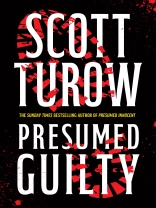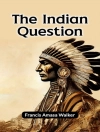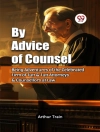‘The lord of the legal thriller’ Sunday Times
‘A legend of suspense fiction’ Steve Cavanagh
‘The master of the courtroom drama’ Daniel Silva
‘A writer with few peers in any genre’ David Baldacci
In a sequel to Presumed Innocent, the book that redefined the legal thriller, judge and lawyer Rusty Sabich returns to the courtroom to defend his step-son against a racially-charged murder indictment as the boy’s life – and perhaps Rusty’s last chance at happiness – hang in the balance.
Rusty is a retired judge attempting a third act in life with a loving soon-to-be wife, Bea, with whom he shares both a restful home on an idyllic lake in the rural Midwest and a plaintive hope that this marriage will be his best, and his last. But the peace that’s taken Rusty so long to find evaporates when Bea’s young adult son, Aaron, living under their supervision while on probation for drug possession, disappears. If Aaron doesn’t return soon, he will be sent back to jail.
Aaron eventually turns up with a vague story about a camping trip with his troubled girlfriend, Mae, that ended in a fight and a long hitchhike home. Days later, when she still hasn’t returned, suspicion falls on Aaron, and when Mae is subsequently discovered dead, Aaron is arrested and set for trial on charges of first degree murder.
Faced with few choices and even fewer hopes, Bea begs Rusty to return to court one last time, to defend her son and to save their last best hope for happiness. For Rusty, the question is not whether to defend Aaron, or whether the boy is in fact innocent – it’s whether the system to which he has devoted his life can ever provide true justice for those who are presumed guilty.
เกี่ยวกับผู้แต่ง
Scott Turow is the author of many bestselling works of fiction, including The Last Trial, Testimony, Identical, Innocent, Presumed Innocent, and The Burden of Proof, and two nonfiction books, including One L, about his experience as a law student. His books have been translated into more than forty languages, sold more than thirty million copies worldwide, and have been adapted into movies and television projects. He has frequently contributed essays and op-ed pieces to publications such as the New York Times, Washington Post, Vanity Fair, the New Yorker and the Atlantic.












